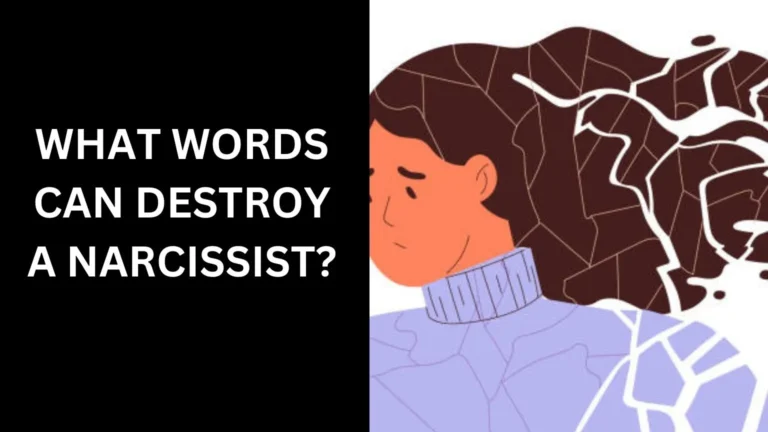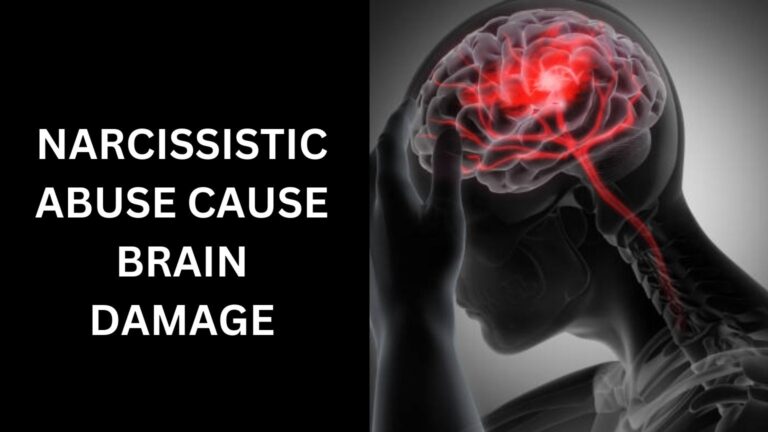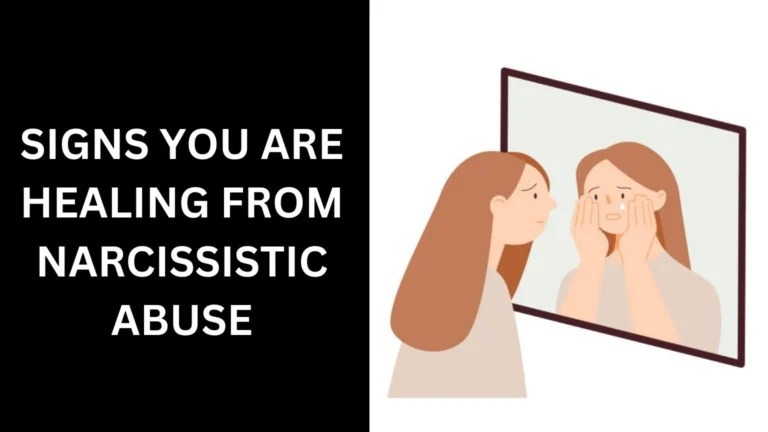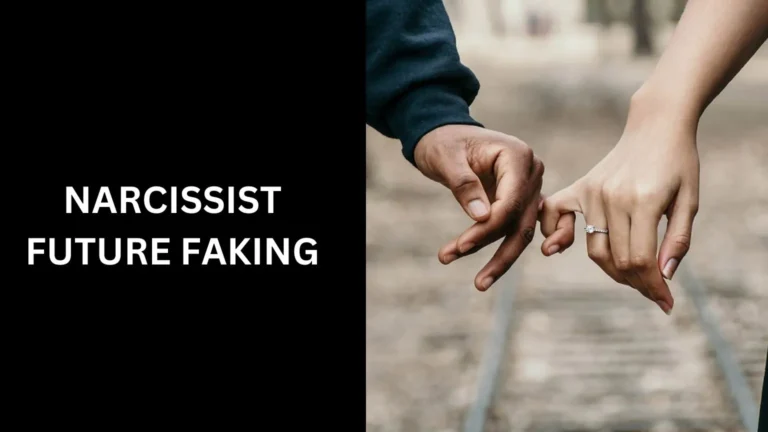Best Ways to Fix a Toxic Relationship (Guide) of 2024
In today’s world, Ways to Fix a Toxic Relationship, many individuals find themselves entangled in toxic relationships, characterized by emotional turmoil, constant conflict, and a lack of mutual respect.
Understanding what constitutes a toxic relationship is crucial for anyone looking to improve their personal or romantic connections.
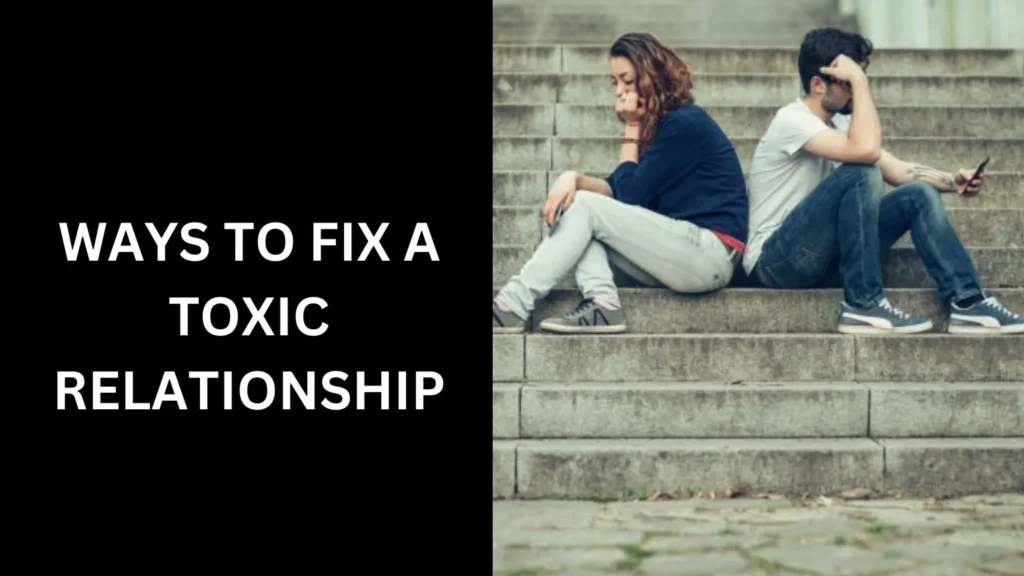
What Defines a Toxic Relationship?
A toxic relationship is one where one or both partners exhibit harmful behaviors that negatively impact the relationship’s quality and the well-being of those involved.
These behaviors can range from emotional manipulation and verbal abuse to neglect and control issues.
Signs and Symptoms to Identify Toxicity in Relationships
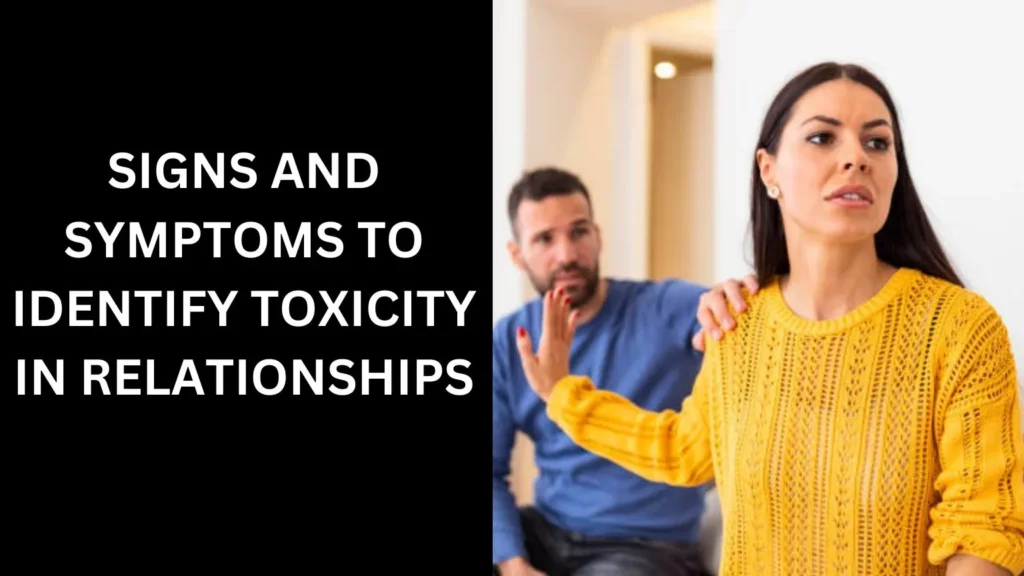
Identifying the signs of a toxic relationship early on can help individuals take proactive steps to address issues before they escalate.
Some common signs include constant criticism, lack of trust, frequent arguments without resolution, and feeling drained or unhappy in the relationship.
Here are some signs and symptoms to help you recognize toxicity in your relationships:
- Constant Criticism: If you or your partner constantly criticize each other’s actions, appearance, or choices, it can create a negative and hostile environment.
- Lack of Trust: Trust is the foundation of any healthy relationship. If there’s a constant lack of trust, whether due to past betrayals or ongoing suspicions, it can lead to insecurity and resentment.
- Frequent Arguments without Resolution: Healthy disagreements are normal, but if arguments escalate into yelling matches or happen frequently without resolution, it can indicate underlying issues.
- Manipulative Behavior: Manipulation can take various forms, such as guilt-tripping, gaslighting, or using emotional blackmail to control the other person’s actions or emotions.
- Isolation: Toxic relationships often involve isolating one partner from friends, family, or support systems, making them dependent on the toxic partner for validation and approval.
- Lack of Respect: Mutual respect is essential in healthy relationships. Disregarding each other’s boundaries, belittling each other, or invalidating each other’s feelings are signs of toxicity.
- Emotional or Physical Abuse: Any form of abuse, whether emotional, verbal, or physical, is a clear indication of a toxic relationship and requires immediate intervention and support.
- Feeling Drained or Unhappy: If being in the relationship consistently leaves you feeling emotionally drained, unhappy, anxious, or depressed, it’s a sign that the relationship may be toxic.
- Unequal Power Dynamics: Toxic relationships often have imbalances in power, where one partner dominates or controls the other’s actions, decisions, or emotions.
- Resistance to Change: In toxic relationships, partners may resist addressing issues, seeking help, or making necessary changes to improve the relationship, leading to stagnation and frustration.
Understanding the Root Causes
To effectively fix a toxic relationship, it’s essential to delve into the underlying causes that contribute to its toxicity.
Psychological Factors Contributing to Toxic Relationships
Psychological issues such as unresolved trauma, low self-esteem, and codependency can fuel toxic behaviors within a relationship. Addressing these underlying issues is key to fostering healthier dynamics.
Communication Breakdown and Its Impact
Poor communication is often at the core of toxic relationships. When individuals struggle to express their needs, emotions, and boundaries effectively, misunderstandings and conflicts arise, leading to resentment and distance between partners.
Healing Strategies for Individuals
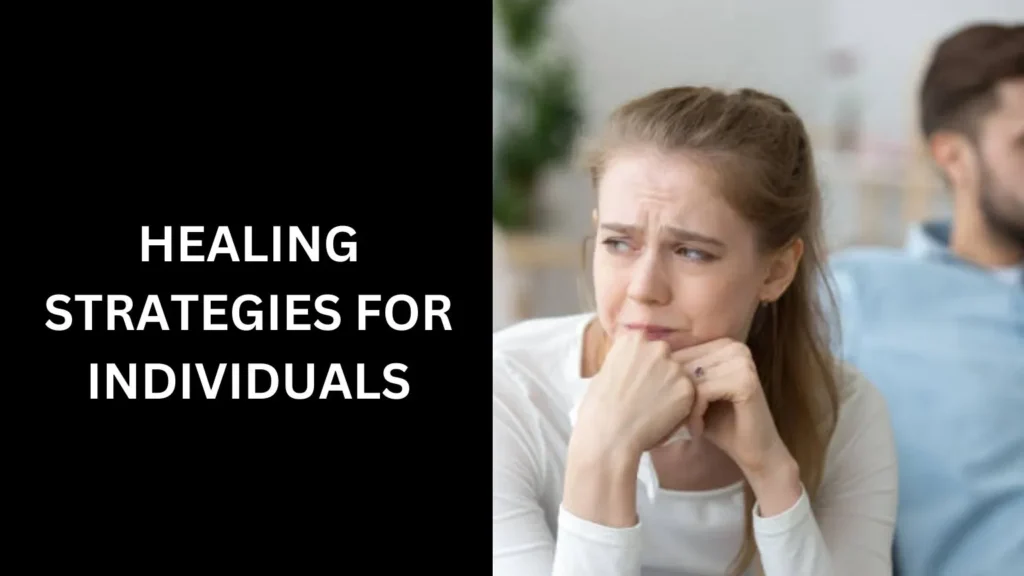
Fixing a toxic relationship starts with individual healing and growth.
Self-Reflection and Awareness
Taking time for self-reflection allows individuals to recognize patterns of behavior that contribute to toxicity.
Increased self-awareness empowers individuals to make conscious choices and set healthier boundaries.
Setting Boundaries and Practicing Self-Care
Establishing clear boundaries is essential in toxic relationships. Learning to prioritize self-care and emotional well-being helps individuals regain their sense of agency and autonomy.
Seeking Professional Help
Sometimes, fixing a toxic relationship requires outside support and guidance.
Therapy and Counseling Options
Seeking therapy or couples counseling can provide a safe space to explore underlying issues, improve communication skills, and learn healthy conflict resolution strategies.
Importance of Addressing Mental Health
Prioritizing mental health is crucial for individuals in toxic relationships. Addressing mental health issues such as anxiety, depression, or trauma can positively impact relationship dynamics.
Communication and Conflict Resolution
Effective communication is key to resolving conflicts and fostering understanding in a toxic relationship.
Effective Communication Techniques
Practicing active listening, using “I” statements, and expressing thoughts and feelings calmly can enhance communication and reduce misunderstandings.
Strategies for Resolving Conflicts Peacefully
Learning constructive conflict resolution techniques, such as compromise and negotiation, allows partners to address disagreements without resorting to harmful behaviors.
Rebuilding Trust and Connection
Rebuilding trust is a crucial step in fixing a toxic relationship.
Steps to Rebuild Trust in a Toxic Relationship
Open and honest communication, consistency in actions, and demonstrating genuine remorse and accountability are essential for rebuilding trust.
Cultivating Empathy and Understanding
Developing empathy for each other’s perspectives and experiences fosters a deeper understanding and connection, paving the way for healing and reconciliation.
Moving Forward or Letting Go
Ultimately, individuals in toxic relationships must make difficult decisions about the future of their relationships.
Decision-Making in Toxic Relationships
Considerations such as mutual effort, willingness to change, and overall relationship satisfaction play a role in determining whether to work on the relationship or pursue separation.
Knowing When to Move Forward or Let Go
Listening to intuition, seeking support from trusted individuals, and prioritizing personal well-being are crucial in deciding whether to continue investing in a toxic relationship or to part ways.
People also ask
Can a toxic relationship be fixed?
Yes, a toxic relationship can be fixed with mutual effort, willingness to change, effective communication,
setting boundaries, seeking professional help, and prioritizing personal growth and healing.
Can a toxic relationship become healthy?
Yes, a toxic relationship can become healthy through dedicated effort, effective communication, boundary-setting,
mutual respect, seeking therapy or counseling, and commitment to personal growth and healing.
How do I recover from a toxic relationship?
Recovering from a toxic relationship involves self-care, seeking support from loved ones or professionals, setting boundaries,
practicing forgiveness, focusing on personal growth, and taking time to heal emotionally and mentally.
How do you break a toxic relationship?
Breaking free from a toxic relationship involves recognizing the toxicity, setting clear boundaries,
seeking support from loved ones or professionals, ending the relationship decisively,
focusing on self-care and healing, and refraining from relapsing into the toxic dynamics.
Conclusion – Ways to Fix a Toxic Relationship
Fixing a toxic relationship requires commitment, self-awareness, and proactive steps to address underlying issues.
By prioritizing communication, self-care, and mutual respect, individuals can navigate the journey of healing and transformation in their relationships.


